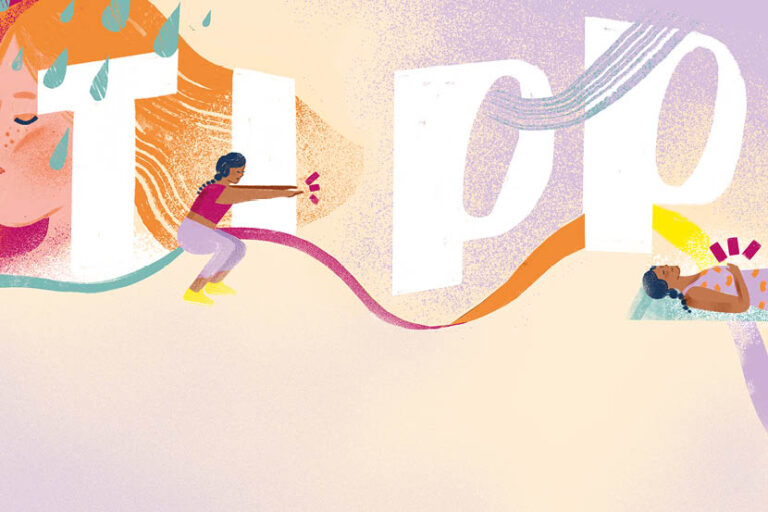
It’s often regarded as something to avoid, but there are good reasons to embrace melancholy. Discover how this gentle emotional state can support creativity, deepen self-understanding, and bring surprising wellbeing benefits.
What do you think of when you hear the word “melancholy”? Perhaps it conjures up images of rainy days, muted colours, and miserable music. ‘Sadness that lasts for a long period of time, often without any obvious reason’ is how one dictionary defines it. In western society, where happiness is often positioned as the ultimate goal, feelings of melancholy aren’t encouraged. While the growing conversation around mental health is changing attitudes towards conditions such as depression, melancholy – which shouldn’t be confused or conflated with more serious illnesses – is often shunned.
How to acknowledge, live, & thrive with melancholy
Learning to live with feelings of melancholy is often a work in progress. But there are some things that can aid this process…
- Embrace creativity: Take whatever pain you can’t get rid of and make it your creative offering. Turn in the direction of beauty, whether that’s music, art, nature, or something else you enjoy.
- Find solace in human relationships: Create connections with all those who share this glorious world with you.
- Create a mini morning practice: Begin every morning by actively engaging in an act of beauty. Listen to music. Sit in your yard with a cup of tea.
- Try expressive writing: Take two or three minutes to write down what’s troubling you. It doesn’t have to be well-written. You can rip it up as soon as you’re done. It’s the act of articulating the emotions that’s transformative. Studies at the University of Texas have shown that doing this can not only improve your sense of wellbeing but also lower blood pressure and lead to greater success at work.
- Remember, everyone feels like this: Acknowledge that these are normal human emotions that everyone experiences and it’s understandable that you feel this way.
- Have compassion for yourself: Show the same kindness, patience, and understanding to yourself as you would a friend. Be mindful and in the present moment as much as possible to avoid ruminating.
Seek help when needed. If you feel stuck, reach out to a therapist or GP to help you work through your emotions in a safe and supported space.


















